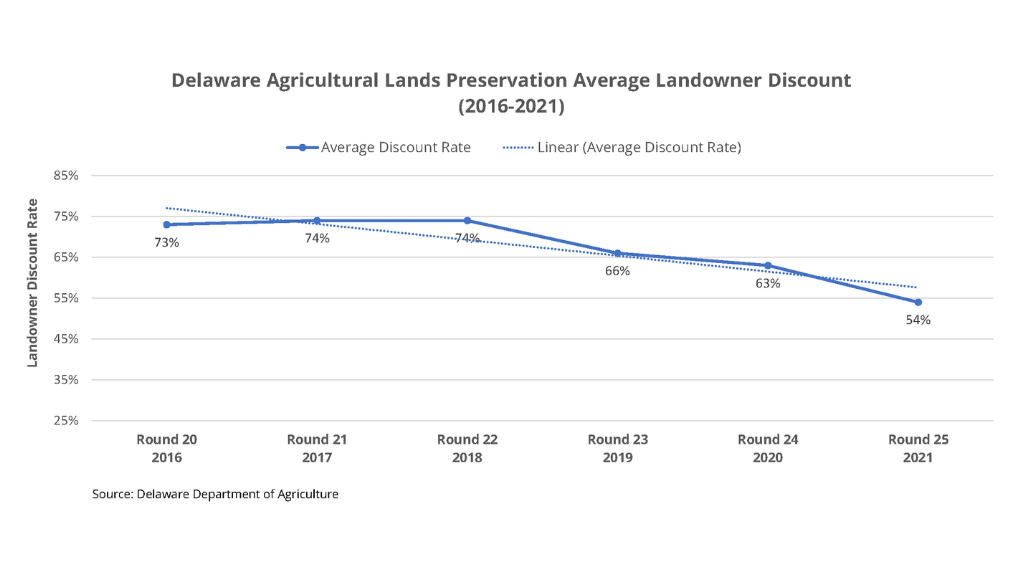The working waterfront at Slaughter Beach in Sussex County.
Consolidated Appropriations Act, 2021 Relief Funding Application Period to Open Feb. 1 for 45 Days
Delaware saltwater fishery-related businesses that suffered severe revenue declines in 2020 due to the COVID-19 pandemic can apply to the Department of Natural Resources and Environmental Control for financial relief from Feb. 1, 2022 through March 17, 2022. Delaware was awarded $2,959,612 of the 2021 Consolidated Appropriations Act, (CAPA) funds to provide financial relief to fishery-related businesses that had a greater than 35% decline in net revenue during the March 1 through Dec. 31, 2020 COVID-19 impact period compared to historic average net revenue.
Delaware saltwater fishery-related businesses eligible to apply for these CAPA funds are:
- Commercial fishing
- Shellfish aquaculture
- For-hire recreational fishing (includes charter and head boats)
- Bait and tackle shops (revenue must come from the sale of saltwater bait and tackle, and 75% of the shop’s revenue must come from those sources
- Seafood dealers
- Seafood processors
Eligible businesses can apply to DNREC for the funding by completing an affidavit on which the applicant will self-certify the business’s net revenue decline. An eligible business must demonstrate on the self-certification affidavit that its net revenue during the 2020 COVID-19 impact period decreased by more than 35% compared to the business’s average annual net revenue during 2015 through 2019.
For businesses in operation less than five years, but for at least one full year during 2015 through 2019, the net revenue loss during the COVID-19 impact period will be compared to the business’s average annual net revenue for its years of operation. The maximum amount of funding distributed to an individual fishery-related business will depend on the number of applicants and the amount requested by each applicant relative to total available funding, with a minimum award of $100.
The CAPA application affidavit and additional CAPA information are available via https://de.gov/commfish or by calling the DNREC Division of Fish and Wildlife Fisheries Section at 302-739-9914.
About DNREC
The Delaware Department of Natural Resources and Environmental Control protects and manages the state’s natural resources, protects public health, provides outdoor recreational opportunities, and educates Delawareans about the environment. The DNREC Division of Fish and Wildlife conserves and manages Delaware’s fish and wildlife and their habitats, and provides fishing, hunting, wildlife viewing and boating access on nearly 68,000 acres of public land. For more information, visit the website and connect with @DelawareDNREC on Facebook, Twitter or LinkedIn.
Media Contacts: Michael Globetti, michael.globetti@delaware.gov; Nikki Lavoie, nikki.lavoie@delaware.gov
 The Delaware Agricultural Lands Preservation Foundation selects those farms approved for easement purchase using an impartial discounted ranking system that maximizes benefits for taxpayers. The Foundation does not own the land but instead purchases landowners’ development rights and places a permanent agricultural conservation easement on the property. Landowners must first voluntarily enroll their farm into a 10-year preservation district before they can sell an easement.
The Delaware Agricultural Lands Preservation Foundation selects those farms approved for easement purchase using an impartial discounted ranking system that maximizes benefits for taxpayers. The Foundation does not own the land but instead purchases landowners’ development rights and places a permanent agricultural conservation easement on the property. Landowners must first voluntarily enroll their farm into a 10-year preservation district before they can sell an easement.